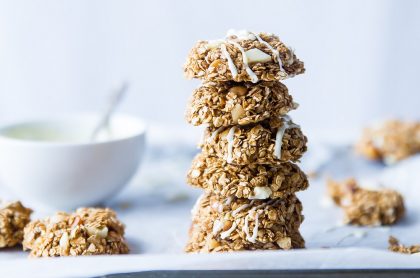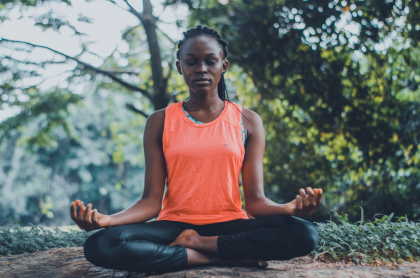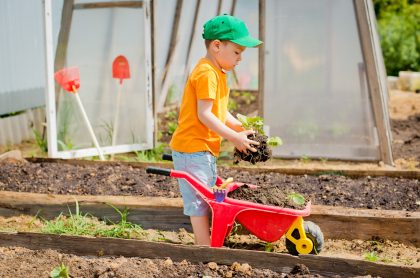Adaptability is the real way to reduce stress


I just can’t stand hearing the word ‘stress’ anymore – nearly every health problem is connected to stress and doctors and patients alike both talk about it. In this article, we’re going to discuss how to reduce stress from a different angle(while filling my monthly quota of how many times I can say this word!)
It’s true that stress is a significant part of our lives and it affects our hormonal, nervous, digestive and immune system, has an impact on our muscle tone, and more. It has a general, yet complex, effect on our entire body and can cause many kinds of health issues.
However, is it reasonable to tell a mother, raising her kids to a high standard and holding a job as well, to reduce stress?! How can you tell a student working on his degree, or a server waiting tables to support themselves to reduce stress?! Even if they can make some kind of lifestyle changes, stress levels don’t always go down, and we’re not always in control of the source of the stress. So what can be done?
There is another source of stress, however, and one that can be changed – in essence, we’re talking about how we can deal with stress, contain stress, reduce stress and believe that it can be overcome; what is known in professional parlance as “adaptability.”
For example, if I have several things that I need to do, and I feel that I can’t do all of them, I’ll start to feel overwhelmed and will be under pressure to deal with them. However, if I take on the same amount of tasks with the knowledge that I can handle them, I’ll feel better, my body won’t be under stress and I’ll probably have a higher chance of success.
How do we improve our adaptability?
Nutrition – Eating foods high in sugar can have a significant impact on our blood sugar, something that can raise our physiological tension. Have a balanced diet, when it comes to sugars, will modulate the levels of sugar in our bloodstream and will lower tension. In addition, whole fibers, fruits, vegetables and healthy fats also help in this regard.
Physical activity – Numerous studies have proven the connection between physical activity and the ability to perform well under pressure. An easy option is to just incorporate more physical activity over the course of the day, rather than making specific time for exercise. For example, opt to walk instead of taking the car, play with the children in the garden, clean the house while dancing and more. Try to think of some physical activity that you have a connection to.

Breathing – Breathing is a proven method to regulate the nervous system and to encourage activity in the parasympathetic nervous system (which precedes relaxation and can help to reduce stress). A simple way to start breathing correctly is to take several breaths where you exhale for longer than you inhale. It’s easy to do this kind of breathing a few times a day, as a standalone exercise or as part of yoga or meditation.
Quality sleep – Sleep has a multitude of health benefits, even when it comes to dealing with stress. It’s recommended to be asleep before midnight to ensure our deep sleep cycles occur late at night. People who suffer from sleep problems should get in touch with a sleep specialist to diagnose and treat the issue.
Stress is part of our lives and it’s usually difficult to eliminate it entirely. Our lifestyle has a direct influence on how we handle stress and stress-inducing circumstances. I invite you to see what resonates with you in this article and what you can implement into your daily routine to help you to reduce stress!
Similar articles
-
Discover the power of conscious deep breathing on your health
inBreathing is something the body does without any conscious effort, but the power of conscious deep breathing is definitely no joke!
-
Our top tips and tricks to improve your sleep over time
inWith COVID-19 running rampant, holistic health coach Kelly Cohen is here to show you ways to improve your sleep over time.
-
Is there a connection between cancer, diet and CBD?
inAs more and more Americans get sick with cancer, Holistic Cannabis Practitioner Erin Kenney looks at the connection between cancer, diet and CBD.
More in Lifestyle
-
Natural ways to get rid of garden pests for a green garden
inLooking for some natural ways to get rid of garden pests? It’s not that difficult – I’ll guide you on which substances you should be using
-
Tips for feminine hygiene products for every woman
inCertified Wellness Consultant Britlynn Ward gives some of her top tips for feminine hygiene products so that you know what to look out for!
-
Turn meditation into a routine that you can practice every day!
inDo you want to turn your meditation into a routine? Guest writer Ava Johanna guides us through the steps to make it easy!

















